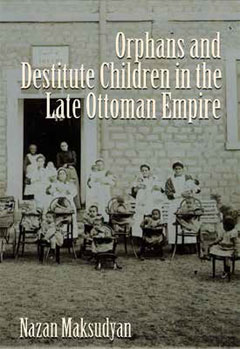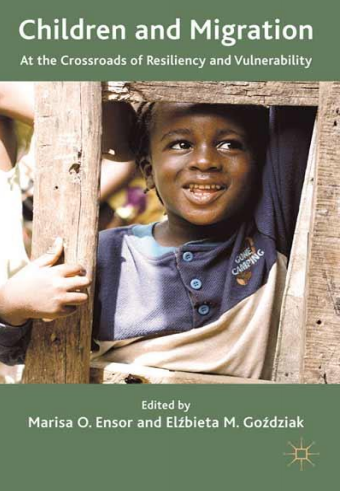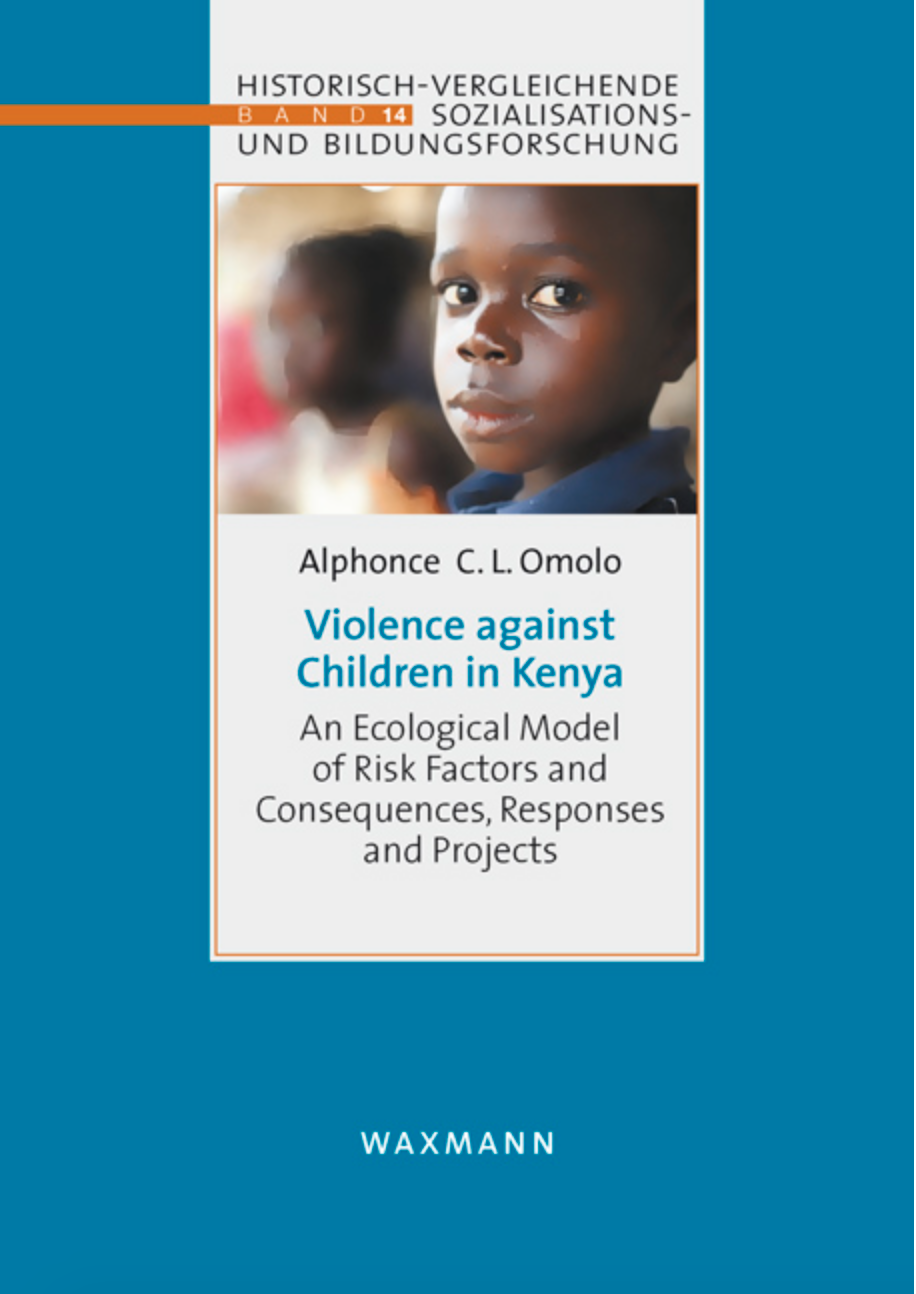Anthropology of Children and Youth Seminar
Documentary ‘Play no matter what!’ and the concept of Social Circus
Kim van Haaster, Director and producer of documentaries at Kim van Haaster Audiovisuele Producties
Monday December 15, 2014 10:30-12:00
VU University, Amsterdam, room Z-009(Metropolitan)
Kim van Haaster will introduce the concept of Social Circus that is closely related to the topic of the documentary ‘Play no matter what!’. The documentary was shot in Romania in 2013. After the screening there is time for questions.
Synopsis: Rachitoasa is the hilly hometown of Alexandra and Noni, two Romanian teenagers at the age of fourteen. There is not much else to do in Rachitoasa but to go school, work the land, help out in the household, or hang out on the streets. But one glorious day a bunch of funny looking, foreign people come to live in their village and stay a while. They turn the abandoned and rundown school building down the road into a colorful place for them to play! Ash and Jolien and the two teenagers become friends and hand-in-hand they play and figure out what they are good at and what is valuable in life. Playing is the most powerful way of learning, no matter the circumstances.
Please also note the date and time of the other upcoming seminar:
Friday 16 January: 10.30-12.00
VU University is located at a 10-minutes’ walk from Amsterdam Zuid railway station. The Metropolitan Building is located opposite the University’s main building, across the tramway. Tram stop ‘De Boelelaan / VU’ is served by tram lines 5 and 51.
Feel free to communicate information of this seminar to other people who might be interested.
Could you confirm your participation in the 15 December seminar to us? childrenseminar@hotmail.com




